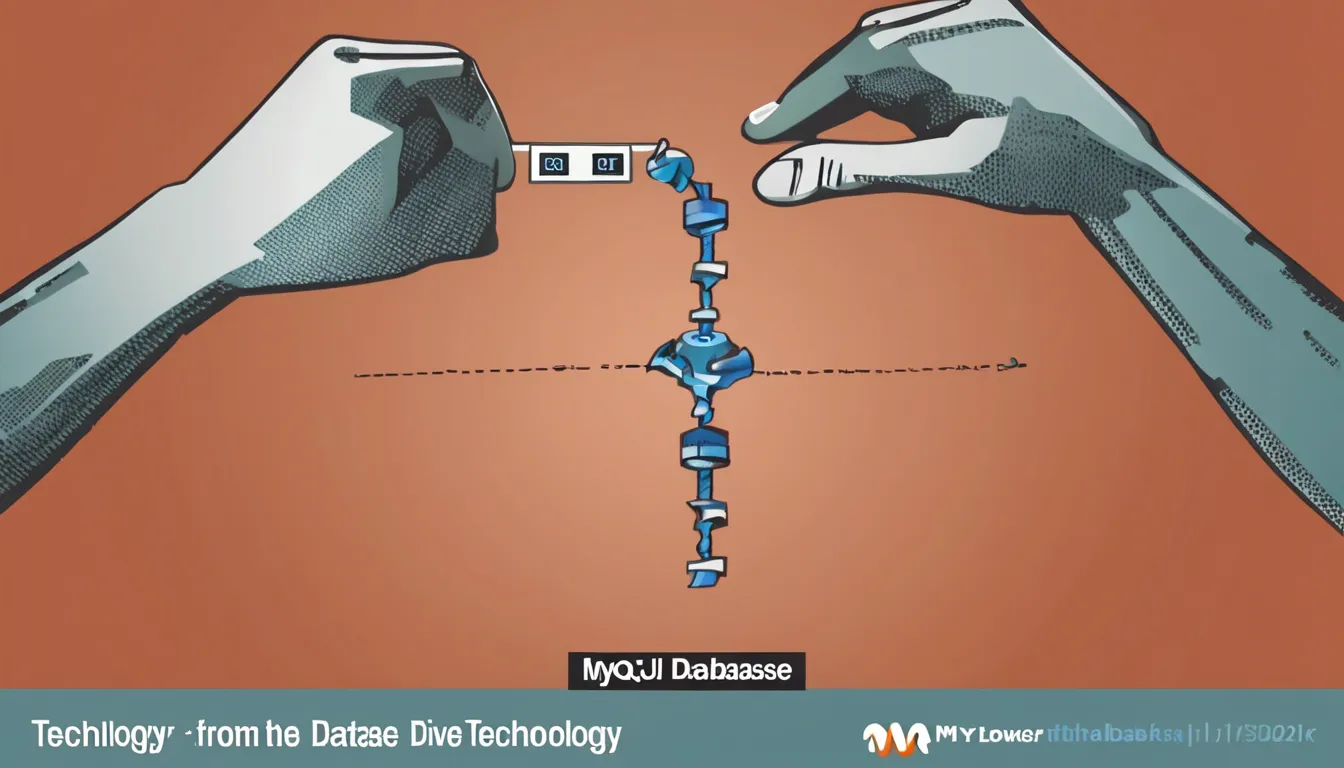MySQL is a popular open-source relational database management system that has been around for more than two decades. It is widely used for web applications and is known for its reliability, stability, and ease of use. MySQL is a powerful tool that can handle large datasets efficiently, making it a top choice for many organizations.
One of the key features of MySQL is its ability to support multiple storage engines, including InnoDB, MyISAM, and NDB Cluster. Each storage engine has its own set of strengths and weaknesses, allowing users to choose the one that best fits their needs. InnoDB, for example, is known for its support of transactions and foreign keys, making it ideal for applications that require data integrity. MyISAM, on the other hand, is best suited for read-heavy applications where performance is paramount.
In addition to its storage engines, MySQL also offers a variety of tools and features that make it easy to manage and optimize databases. From indexing and partitioning to replication and clustering, MySQL provides a comprehensive set of tools that can help developers unlock the full potential of their databases. With its robust features and strong community support, MySQL continues to be a top choice for organizations looking to harness the power of their data.

 The Evolution of iPhone Technology A Look at the Latest Features
The Evolution of iPhone Technology A Look at the Latest Features